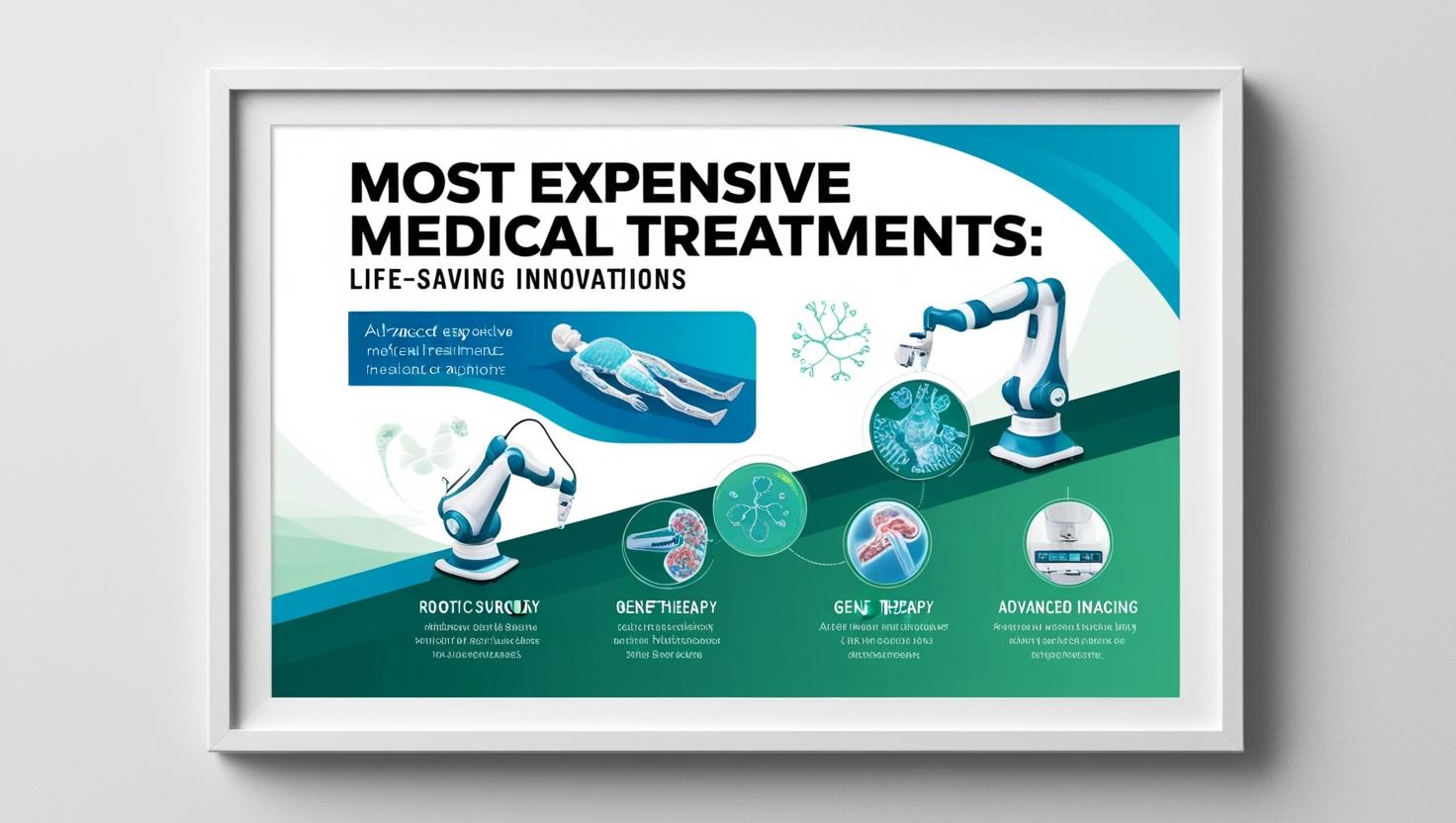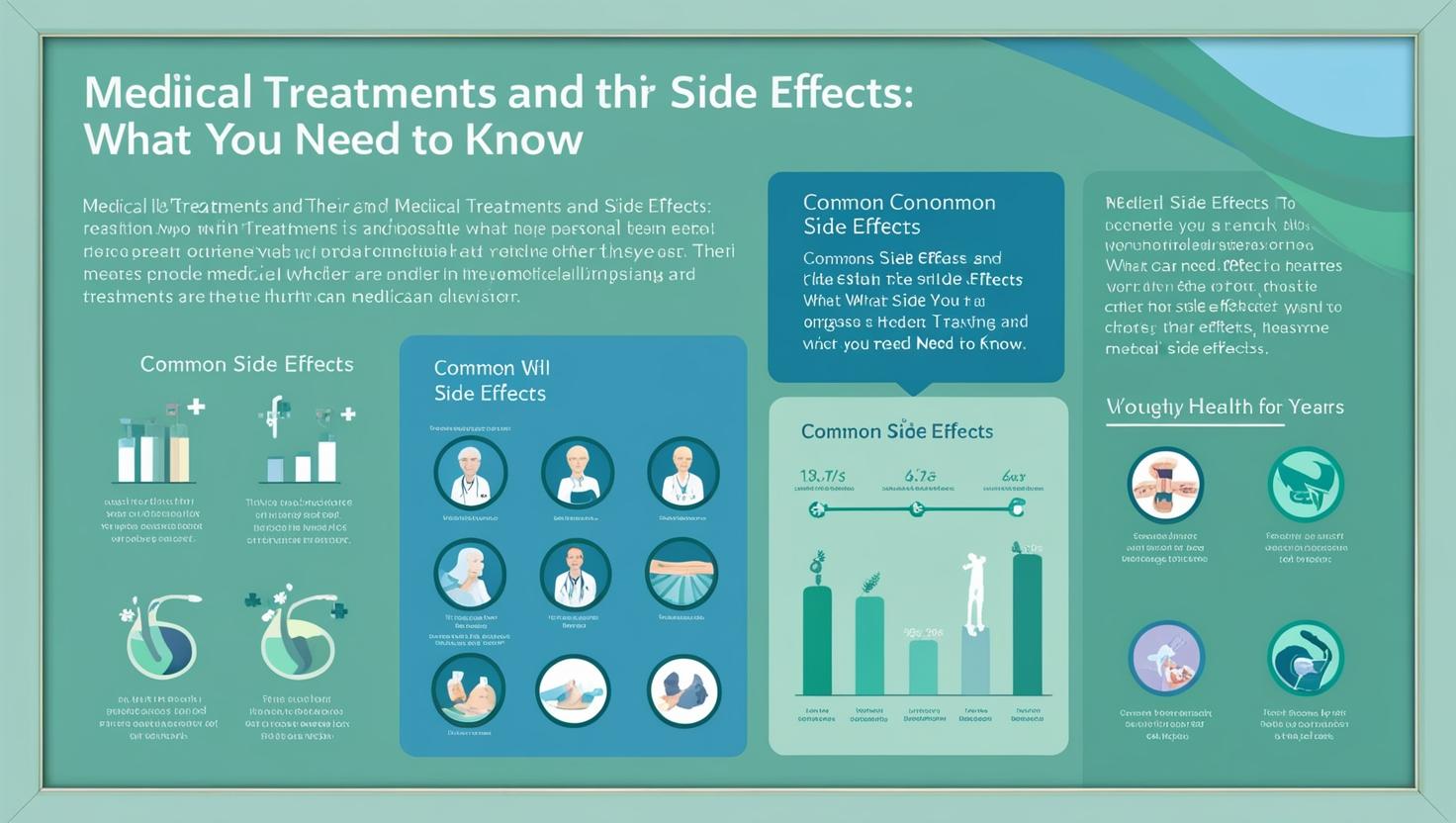Universal Credit Medical Treatments can be confusing. Many people don’t understand what’s available.
This blog aims to clarify your options. Universal Credit provides financial support to those in need. It also covers some medical treatments. Understanding what’s included can save you time and stress. This guide will walk you through the types of medical treatments covered.
It will also explain how to access them. Simple and clear information will help you make the most of your benefits. Stay informed and take charge of your health care options. Let’s dive into the details.
Credit: www.gettyimages.com
Introduction To Universal Credit Medical Treatments
Universal Credit is a vital support system. It helps individuals manage their finances. But did you know it also covers medical treatments? Here, we explore Universal Credit and its role in medical care.
What Is Universal Credit?
Universal Credit is a government benefit in the UK. It replaces six older benefits, such as Income Support and Housing Benefit. The goal is to simplify the welfare system. It supports those with low income or who are out of work.
Universal Credit payments are made monthly. They help cover living costs. The amount received depends on individual circumstances. This includes earnings, savings, and housing costs.
Importance Of Medical Treatments
Medical treatments are crucial for maintaining health. They prevent illnesses from worsening. They also help in managing chronic conditions. With Universal Credit, eligible individuals can access necessary medical treatments.
Universal Credit provides financial support for healthcare. This ensures that everyone gets the treatment they need. This includes prescriptions, dental care, and eye tests. It helps reduce the financial burden of medical expenses.
|
Type of Support |
Description |
|
Prescriptions |
Free for eligible Universal Credit recipients |
|
Dental Care |
Free or reduced cost dental services |
|
Eye Tests |
Free eye tests and vouchers for glasses |
Universal Credit ensures everyone has access to essential medical treatments. This support is invaluable for those facing financial difficulties. It promotes better health and well-being for all.
Eligibility Criteria
Understanding the eligibility criteria for Universal Credit Medical Treatments is essential. It helps you determine if you can access these benefits. This section outlines who qualifies and the necessary documentation required.
Who Qualifies?
Universal Credit Medical Treatments are for those with limited capability to work. You must be of working age and have a disability. This condition must affect your ability to work. You also need to be receiving Universal Credit. It helps to ensure that the support reaches those who need it most.
Necessary Documentation
Gathering the right documents is crucial. You need a medical certificate from your doctor. This certificate should detail your condition. You also need to provide past medical records. These records help in assessing your eligibility. Finally, prepare any correspondence from specialists.
This documentation supports your claim. It proves your need for medical treatments. Make sure all information is up-to-date. Proper documentation speeds up the process. It ensures you get the help you need.
Application Process
Applying for Universal Credit to cover medical treatments can be complex. This guide will help you understand the process. We will break it down into simple steps. Let’s dive in.
Step-by-step Guide
Follow these steps to apply for Universal Credit medical treatments:
- Create an Online Account: Visit the Universal Credit website. Set up your account with your personal details.
- Complete the Application Form: Fill out all required fields. Be honest and accurate.
- Submit Required Documents: Gather medical records, prescriptions, and any other relevant documents. Upload them to your account.
- Schedule an Interview: You will need to attend an interview. This can be online, over the phone, or in person.
- Attend the Interview: Answer all questions clearly. Provide any additional information requested.
- Wait for Decision: The process can take several weeks. Check your account regularly for updates.
Common Challenges
Many applicants face challenges during the process. Here are some common issues and tips to overcome them:
- Incomplete Application: Ensure you fill out every section. Missing information can delay your application.
- Missing Documents: Double-check that you have uploaded all necessary documents. Missing documents can lead to rejection.
- Interview Nerves: Prepare for the interview. Practice answering potential questions. Stay calm and be honest.
- Long Waiting Times: Be patient. The decision process can take time. Regularly check your online account for updates.
- Technical Issues: If you face technical problems, contact customer support. They can help resolve any online issues.
Understanding these challenges can help you navigate the application process more smoothly. Stay prepared and stay informed.
Credit: www.alamy.com
Types Of Medical Treatments Covered
Universal Credit offers support for various medical treatments. These treatments aim to help individuals lead healthier lives. Here we will explore the types of treatments covered under Universal Credit.
Physical Health Treatments
Universal Credit covers a range of physical health treatments. These treatments include:
- General Practitioner (GP) visits: Regular check-ups and consultations.
- Specialist consultations: Visits to specialists for specific health issues.
- Hospital care: In-patient and out-patient services.
- Prescribed medications: Medicines prescribed by a doctor.
- Physiotherapy: Treatment for physical rehabilitation.
Mental Health Services
Mental health is just as important as physical health. Universal Credit provides coverage for various mental health services, such as:
- Counseling sessions: One-on-one or group therapy.
- Psychiatric consultations: Visits to a psychiatrist for mental health concerns.
- Medication: Prescribed drugs to manage mental health conditions.
- Support groups: Group sessions for shared experiences and support.
- In-patient care: Hospital stays for severe mental health issues.
Financial Support And Benefits
Universal Credit offers crucial financial support for those undergoing medical treatments. This aid helps cover essential living costs, making it easier to focus on recovery. Understanding the various benefits and allowances available can significantly ease financial stress.
Monthly Payments
Universal Credit provides a basic monthly payment to eligible individuals. This payment supports everyday expenses like rent, food, and bills. The amount you receive depends on your specific circumstances, such as age and living situation.
Additional Allowances
Universal Credit also offers additional allowances for those with extra needs. For example, if you have children, you might receive extra money to help with their care. Similarly, if you have a disability, you could get more financial support to cover related costs.
These allowances ensure that individuals undergoing medical treatments get the necessary financial aid. They help cover the additional expenses that come with health issues. This support can make a significant difference in managing both health and financial wellbeing.
Unable to insert the picture
Credit: m.facebook.com
How To Maximize Benefits
Universal Credit can be a lifeline for many people. But understanding how to maximize its benefits, especially for medical treatments, is crucial. Here, we outline simple ways to get the most out of your Universal Credit for your health needs.
Regular Check-ups
Regular check-ups are essential for maintaining good health. They help identify any issues early. With Universal Credit, you can schedule routine visits without worrying about costs.
Here’s how to make the most of it:
- Book appointments in advance to ensure availability.
- Keep a record of all your visits and results.
- Ask questions during your check-ups to understand your health better.
Utilizing Support Services
Support services can provide additional help. These services may include mental health support, physical therapy, or nutritional advice. Universal Credit often covers these services.
To utilize these effectively:
- Identify your needs and seek appropriate services.
- Contact local support organizations to understand what is available.
- Engage with community groups for shared experiences and advice.
Remember, knowledge is power. Staying informed about your benefits can help you use them to their fullest potential.
Appeals And Complaints
Navigating through Universal Credit medical treatments can be challenging. Sometimes decisions about your treatments may not seem fair. In these cases, understanding how to file an appeal or make a complaint is crucial. This section will guide you through the process.
Filing An Appeal
If you disagree with a decision made about your medical treatments, you can file an appeal. Follow these steps:
- Request a mandatory reconsideration.
- Fill out the SSCS1 form.
- Submit the form to the tribunal service.
The appeal process includes submitting necessary documents and attending a hearing. Ensure you have all your medical records ready. Key documents include treatment plans, doctor’s notes, and any correspondence with the Universal Credit office.
Common Grounds For Complaints
There are several common reasons you might need to file a complaint:
|
Reason |
Description |
|
Incorrect Decisions |
Disputing wrong decisions about your treatment eligibility. |
|
Delays |
Reporting long waits in processing your claims. |
|
Poor Communication |
Complaining about lack of updates or unclear information. |
|
Mistreatment |
Addressing any disrespectful or unfair treatment by staff. |
To file a complaint, contact the Universal Credit helpline. Provide your details and explain the issue clearly. Keep a record of all communications.
Success Stories
Universal Credit Medical Treatments have transformed many lives. These treatments provide hope and health improvements. Let’s explore some inspiring success stories.
Real-life Experiences
Meet Jane, a single mother of two. She struggled with chronic pain for years. Universal Credit Medical Treatments changed her life. Now, Jane enjoys pain-free days with her kids.
Another story is about Mark. He faced severe anxiety and depression. Through these treatments, Mark found his way back to a happy life. His confidence grew, and he returned to work.
These real-life experiences show the impact of Universal Credit Medical Treatments. They highlight the benefits and positive changes in people’s lives.
Lessons Learned
Jane’s journey taught her the value of persistence. She did not give up and found the right treatment. Her story inspires others to keep trying.
Mark’s experience shows the importance of mental health care. He learned to seek help and use the support available. His success encourages others to prioritize their mental health.
These lessons remind us of the power of Universal Credit Medical Treatments. They offer hope and show the path to a better life.
Resources And Contacts
Navigating Universal Credit Medical Treatments can be challenging. Knowing where to find help and who to contact is crucial. In this section, we will provide resources and contact information. These will assist you in getting the support you need.
Helpful Organizations
Several organizations offer help with Universal Credit Medical Treatments. Citizens Advice provides free guidance on various issues, including benefits and health. They can help you understand your rights and how to access medical treatments.
Turn2us is another organization that supports people in financial difficulty. They offer a benefits calculator to check your eligibility for Universal Credit. They also provide information on grants and other financial support.
The NHS website is a valuable resource for health-related information. It offers advice on medical conditions, treatments, and services available through Universal Credit. You can find links to local health services and community support.
Important Contact Information
Having the right contact details can make a big difference. The Universal Credit helpline is available for all queries. You can reach them at 0800 328 5644. They can assist with claims, payments, and other concerns.
Citizens Advice can be contacted through their website or by phone. Their number is 03444 111 444. They provide advice on a wide range of issues, including medical treatments under Universal Credit.
Turn2us offers support through their website and helpline. You can call them at 0808 802 2000. They help with benefit calculations and financial advice.
For health-specific concerns, the NHS helpline is available. You can contact them at 111 for non-emergency medical advice. This service is available 24/7 and can provide guidance on accessing medical treatments.
Frequently Asked Questions
What Is Universal Credit Medical Treatment?
Universal Credit medical treatment helps cover health-related expenses for eligible recipients. It provides financial support for medical needs.
Who Qualifies For Medical Treatment Under Universal Credit?
Individuals on Universal Credit with health conditions or disabilities may qualify. Eligibility depends on medical assessments and specific criteria.
How To Apply For Medical Support On Universal Credit?
To apply, contact your Work Coach or visit the Universal Credit portal. Provide necessary medical documentation and complete required forms.
What Medical Expenses Does Universal Credit Cover?
Universal Credit may cover prescription costs, medical equipment, and travel for medical appointments. Specific coverage varies by individual needs.
Conclusion
Navigating Universal Credit medical treatments can be challenging. Understanding your benefits is crucial. Seek advice when needed. Always stay informed. Proper planning helps manage your health needs. Remember, support is available. Take advantage of the resources offered. Your health matters.
Stay proactive, and prioritize your well-being.


